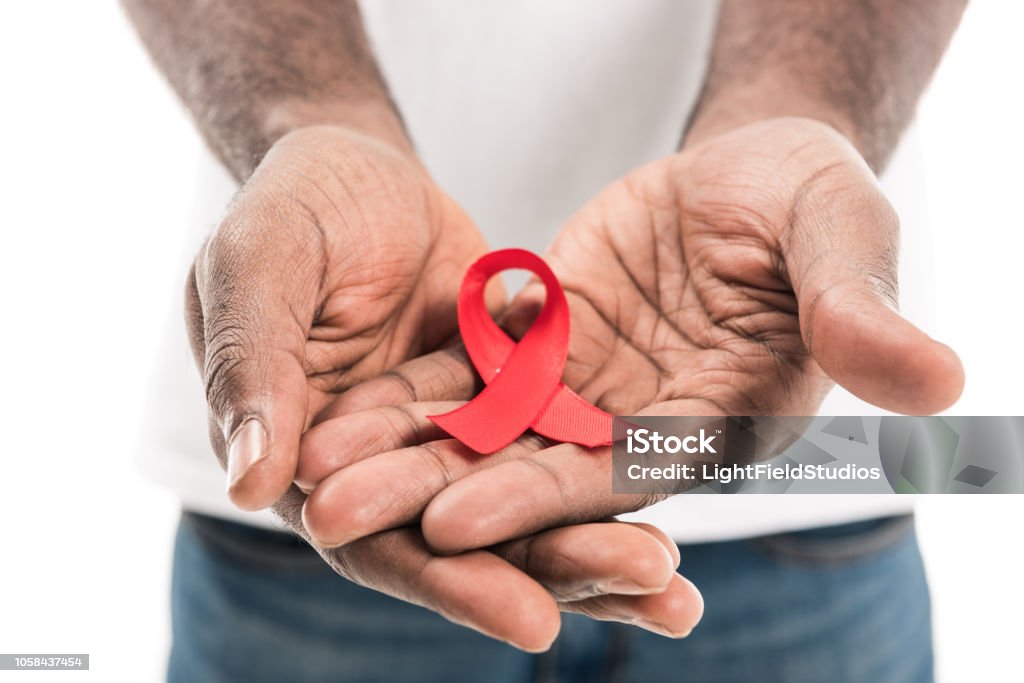HIV/AIDS Nutrition
HIV/AIDS and Nutrition: A Comprehensive Guide to Healthful Eating
In order to effectively manage HIV/AIDS, proper diet is essential. Healthy eating boosts energy, fortifies the immune system, and aids in the prevention of infections—all vital for individuals infected with the virus. This blog post explores the relationship between HIV/AIDS and nutrition in great detail, discussing wasting syndrome, malnutrition, and nutritional issues.
Table of Contents

Dietary Guidelines for HIV/AIDS Patients
HIV/AIDS Nutrition
- Enhanced Energy Requirements: The metabolic rate of the body rises when HIV is present. Depending on the stage of the disease, people with HIV/AIDS require 10–30% more calories than people without the infection.
- Put Macronutrients First: Make sure your consumption of the three macronutrients—fats, proteins, and carbohydrates—is balanced.
- For long-lasting energy, choose complex carbs found in whole grains, fruits, and vegetables.
- Proteins: To grow and repair tissues, eat foods high in lean meats, fish, poultry, eggs, beans, and lentils.
- Fats: For cellular health and nutrient absorption, healthy fats like those in avocados, olive oil, nuts, and seeds are crucial.
- Micronutrients Are Important: Remember to take vitamins and minerals! They are essential for both general health and immunological function. Pay attention to fruits and vegetables that are high in B complex, C, E, and A vitamins. Also, make sure you’re getting enough iron, zinc, and selenium—all of which are essential for healthy immune system operation.
- Stay Hydrated: Drink plenty of water because dehydration exacerbates fatigue and other symptoms. Make sure to stay hydrated throughout the day by consuming lots of water, unsweetened teas, and diluted juices.
Undernourishment in HIV/AIDS
HIV/AIDS Nutrition
One major HIV/AIDS consequence is malnutrition. There are multiple potential causes for it.
- Reduced Appetite: HIV infection is often accompanied by a decrease in appetite, which can result in insufficient consumption of calories and nutrients.
- Digestive Problems: HIV-related diarrhoea, nausea, and vomiting can make it difficult for the body to absorb nutrients.
- Increased Nutritional Needs: In order to combat infections and rebuild HIV-related tissues, the body needs extra nutrients.
HIV/AIDS Nutrition
Malnutrition impairs immunity, increasing a person’s susceptibility to infections and the likelihood of consequences.
Wasting Syndrome: A Dangerous Aftereffect of Undernourishment
HIV/AIDS Nutrition
A severe kind of malnutrition known as “wasting syndrome” is characterised by diarrhoea, fever, exhaustion, muscle atrophy, and weight loss exceeding 10% of body weight. It is a sign of more advanced HIV illness and is linked to a higher death rate.
Nutritional Assistance for HIV/AIDS Patients
HIV/AIDS Nutrition
Individualised dietary counselling is essential for HIV/AIDS patients. The following are some tactics:
- Dietary counselling: Taking into account each person’s requirements, preferences, and dietary intolerances, a healthcare provider can design a customised meal plan.
- Nutritional Supplements: Deficiencies in vitamins and minerals are frequent. These gaps can be filled by supplements, but in order to prevent drug interactions, it is imperative that you speak with a healthcare provider before beginning any supplement regimen.
- Appetite Stimulants: Medication can aid in improving food intake and stimulating the appetite.
- Food Enhancement: Smoothies or soups can have their nutrient intake increased without adding more liquid by mixing in powders high in calories and protein.
- Enteral or Parenteral Nutrition: To supply vital nutrients in extreme situations, intravenous or tube feeding may be required.
In summary
HIV/AIDS Nutrition
Keeping up a healthy diet is essential to managing HIV/AIDS. Through adherence to these dietary guidelines and the guidance of medical specialists, individuals living with HIV/AIDS can enhance their well-being, combat the infection, and maximise their health.
Extra Advice:
HIV/AIDS Nutrition
If managing large meals is a challenge for you, try eating smaller, more frequent meals throughout the day.
Control drug side effects that may impact digestion or appetite.
Create a welcoming environment and cook wholesome meals with family and friends.
Recall that this is not meant to be a substitute for specific medical advice; rather, it is meant for general awareness. When in doubt, seek medical advice from a professional to manage your HIV/AIDS and dietary requirements.


